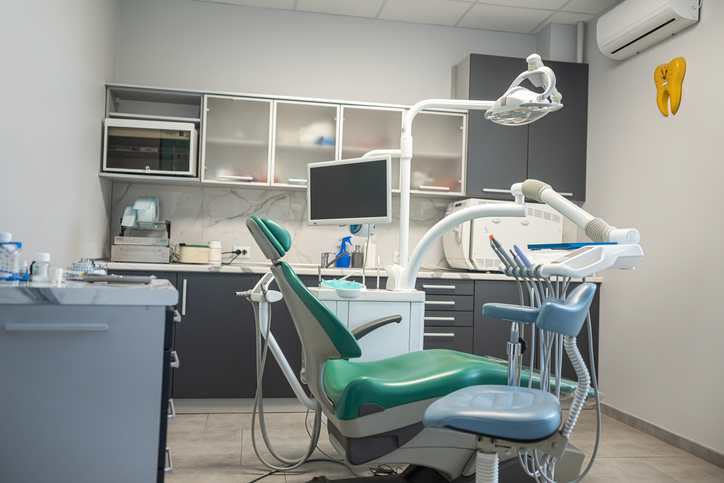Have you ever put off going to the dentist because of a phobia that prevents you from taking care of even routine matters like dental cleanings? This phobia may exist even if you have never had a bad experience going to your dental provider. What about when something does go wrong, though? Although this is very unlikely, dental malpractice in Georgia is a critical issue that affects many patients who trust dental professionals with their oral health.
When dental care deviates from accepted standards and causes harm, it can lead to severe physical and emotional consequences. Patients in Georgia who suffer from dental malpractice may experience complications such as nerve damage, infections, and even life-threatening conditions. Legal avenues are available for those affected, ensuring victims can seek justice and compensation for their injuries. Dental malpractice can take various forms and can have significant consequences for patients.
Types of Dental Malpractice
- Misdiagnosis or Delayed Diagnosis
- Failing to diagnose oral diseases such as cancer, periodontal disease, or tooth decay.
- Incorrectly diagnosing a dental condition, leading to unnecessary or harmful treatments.
- Surgical Errors
- Performing surgery on the wrong tooth or area of the mouth.
- Errors during extractions can cause damage to nerves or adjacent teeth.
- Leaving foreign objects, such as dental instruments, inside the patient’s mouth.
- Anesthesia Mistakes
- Administering incorrect doses of anesthesia leading to adverse reactions or complications.
- Failing to monitor the patient properly during the administration of anesthesia.
- Infections
- Failing to maintain proper sterilization and hygiene standards resulting in infections.
- Not recognizing or treating infections promptly.
- Improper Dental Work
- Poorly performed dental procedures, such as crowns, bridges, implants, or fillings that fail or cause additional problems.
- Use of substandard materials leading to early failure of dental work.
- Lack of Informed Consent
- Failing to inform the patient about the risks and benefits of a procedure.
- Not obtaining proper consent from the patient before performing procedures.
- Negligence in Post-Operative Care
- Failing to provide adequate post-operative instructions and care leading to complications.
- Ignoring or inadequately addressing post-operative issues reported by the patient.
Next Steps If Dental Malpractice Occurs
- Document Everything
- Keep detailed records of all dental visits, treatments, and communications with your dentist.
- Take photographs of any physical damage or complications resulting from the dental work.
- Seek a Second Opinion
- Consult another dental professional to assess the damage and determine if malpractice occurred.
- Obtain a written report from the second dentist outlining their findings.
- Request Your Dental Records
- Obtain a copy of your dental records from the dentist involved in the malpractice.
- These records will be crucial for proving your case.
- Contact a Dental Malpractice Attorney
- Find an attorney who is highly skilled in dental malpractice cases in Georgia.
- They can evaluate your case, guide you through the legal process, and help you understand your rights.
- File a Complaint
- File a complaint with the Georgia Board of Dentistry.
- The board will investigate your claim and can take disciplinary action against the dentist if necessary.
- Consider a Settlement or Lawsuit
- Your attorney may attempt to negotiate a settlement with the dentist or their insurance company.
- Your attorney can file a lawsuit if a settlement cannot be reached.
- Prepare for Legal Proceedings
- Work closely with your attorney to prepare your case.
- Gather all evidence, including dental records, second opinions, photographs, and other relevant documentation.
- Understand the Statute of Limitations
- In Georgia, the statute of limitations for dental malpractice is generally two years from the date of the malpractice or from the date you discovered or should have discovered the injury. (Georgia Code § 9-3-71). There are exceptions, so it is essential to consult with an attorney as soon as possible.
Takeaway
Dental malpractice can have serious consequences, but understanding your rights and the steps to take can help you seek justice and compensation. If you believe you have been a victim of dental malpractice in Georgia, act quickly to protect your health and legal rights by documenting everything, seeking a second opinion, and consulting with a highly skilled attorney. Gautreaux Law has experience handling dental malpractice cases. Contact our office for an initial consultation to discuss your case and determine the best course of action.



